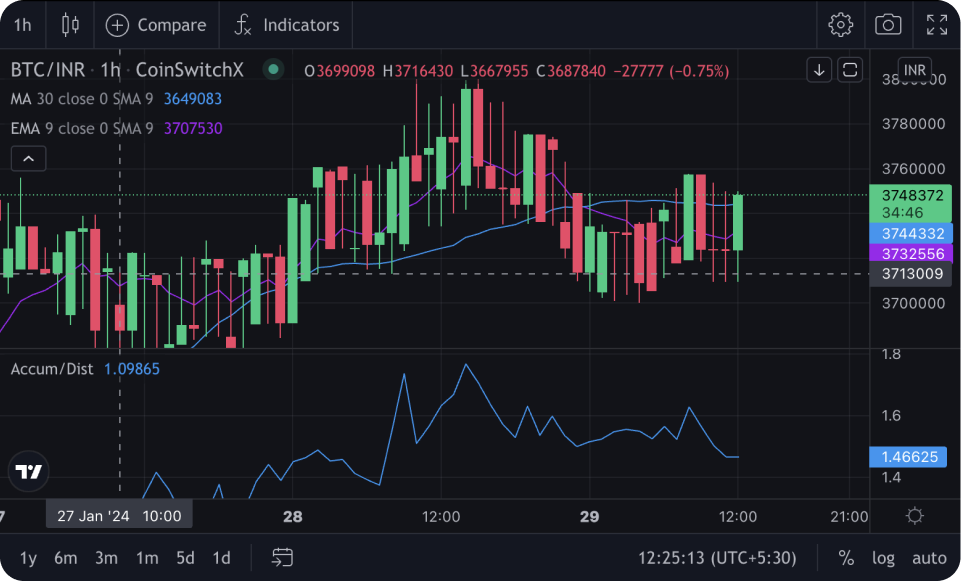☑ Update in February 2025
Best Crypto Exchanges, Platforms & Apps in 2025
Selecting an optimal exchange platform is a critical decision that can significantly impact your cryptocurrency trading success. These platforms serve as trusted intermediaries, offering a secure ecosystem where users can effortlessly purchase, sell, and trade a variety of digital assets, including Bitcoin and alternative cryptocurrencies.








